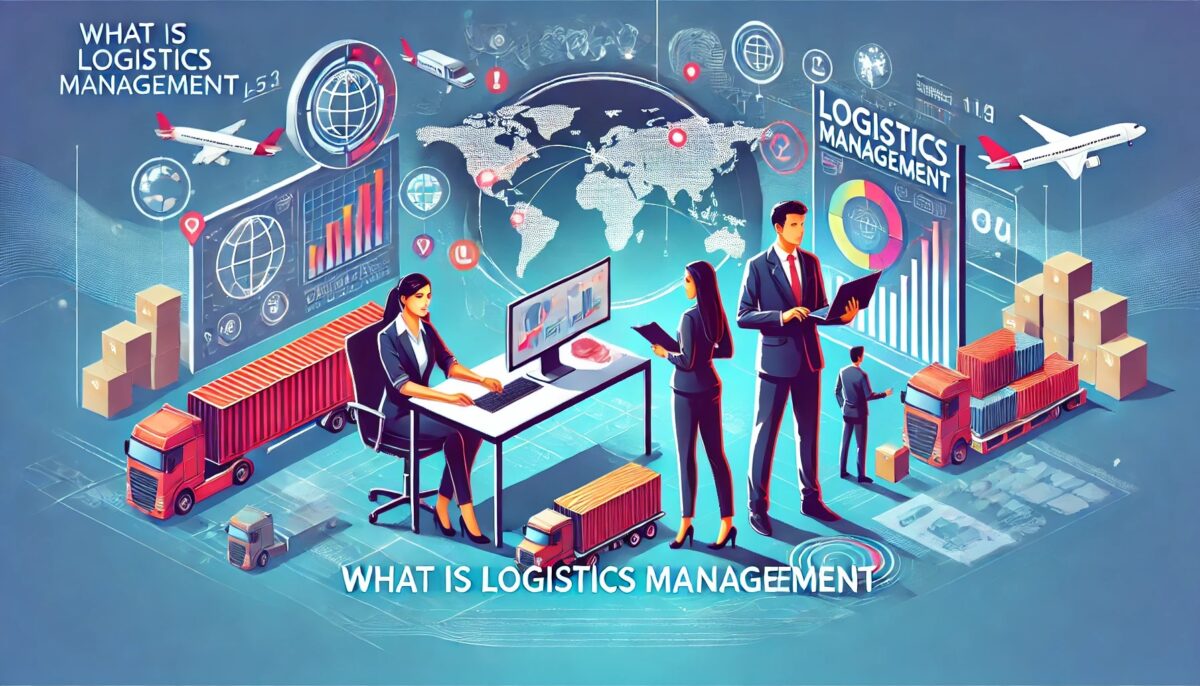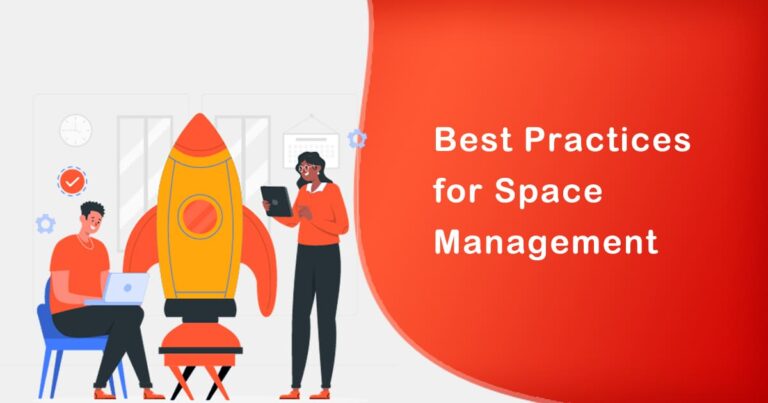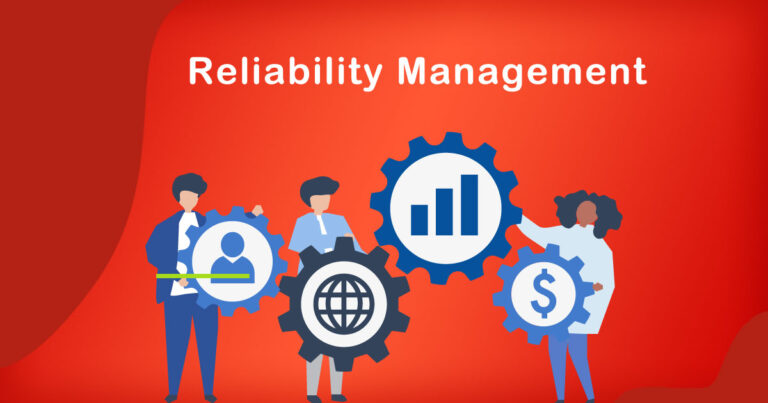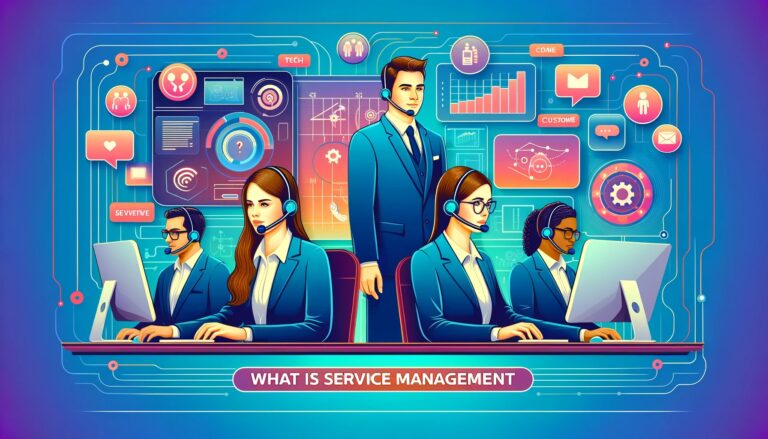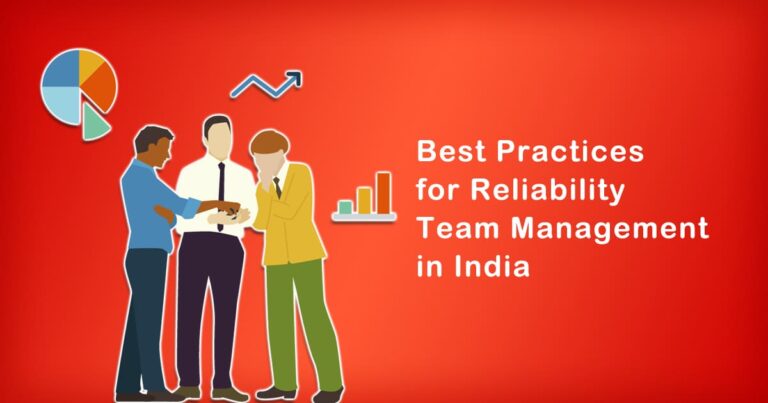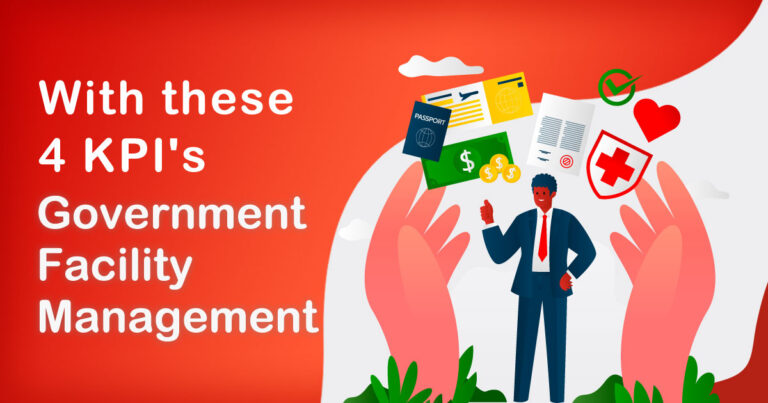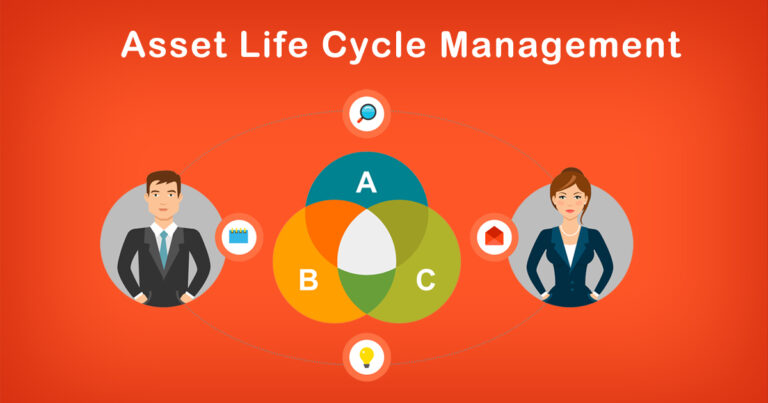Introduction
Logistics management plays a pivotal role in the efficient operation of businesses across various industries in India. From ensuring timely delivery of goods to optimizing supply chain processes, logistics management encompasses a broad spectrum of activities crucial for business success. In this comprehensive guide, we delve into the what is logistics management, its importance, key components, challenges, and strategies for effective implementation in the Indian context.
Understanding Logistics Management
Logistics management involves the planning, implementation, and control of the efficient flow and storage of goods, services, and information from point of origin to consumption. It encompasses several critical functions, including transportation, inventory management, warehousing, packaging, and handling of materials. In essence, logistics management aims to streamline operations, reduce costs, and enhance customer satisfaction through optimized logistics processes.
Key Components of Logistics Management
Transportation Management:
In India, transportation is a cornerstone of logistics due to its vast geographical expanse and diverse infrastructure. Efficient transportation management involves selecting the appropriate mode of transport (road, rail, air, sea), optimizing routes, and ensuring timely delivery while minimizing costs and environmental impact.
Inventory Management:
Effective inventory management is essential to balance supply and demand. It involves monitoring stock levels, forecasting demand, optimizing storage space, and implementing strategies like Just-In-Time (JIT) inventory to reduce holding costs and improve cash flow.
Warehousing and Storage:
Warehousing plays a crucial role in logistics by providing storage facilities for goods. In India, warehouses serve as distribution hubs that facilitate efficient movement of products across the country. Effective warehouse management involves layout optimization, inventory tracking, and ensuring safety and security of stored goods.
Packaging and Material Handling:
Proper packaging is critical to protect goods during transit and enhance their appeal to customers. Material handling focuses on the movement, storage, and control of materials within warehouses and distribution centers, optimizing efficiency and reducing operational costs.
Information and Technology:
Logistics management relies heavily on information technology (IT) systems and software for real-time tracking, inventory management, route optimization, and communication across the supply chain. In India, advancements in IT infrastructure have facilitated the adoption of digital logistics solutions, enhancing visibility and operational efficiency.
Importance of Logistics Management in India
Logistics management is integral to India’s rapidly growing economy and diverse industrial landscape. Key reasons why logistics management holds significance include:
Facilitating Trade and Commerce:
Logistics enables seamless movement of goods within India and across borders, supporting international trade and economic growth.
Improving Supply Chain Efficiency:
Efficient logistics management reduces lead times, minimizes inventory costs, and enhances responsiveness to market demand, thereby improving overall supply chain efficiency.
Enhancing Customer Satisfaction:
Timely delivery, accurate order fulfillment, and effective customer service contribute to enhanced customer satisfaction and loyalty.
Supporting Economic Development:
Effective logistics infrastructure and management contribute to job creation, infrastructure development, and economic stability.
Challenges in Logistics Management in India
Despite its importance, logistics management in India faces several challenges:
Infrastructure Constraints:
Inadequate road, rail, and port infrastructure, particularly in rural and remote areas, hinders smooth logistics operations.
Regulatory Complexity:
Complex regulatory frameworks, including state-specific taxes and regulations, pose challenges for interstate movement of goods.
Skill Shortages:
Shortage of skilled logistics professionals and drivers impacts operational efficiency and quality of service.
Technological Adoption:
Limited adoption of advanced logistics technologies and IT systems in small and medium enterprises (SMEs) restricts efficiency gains.
Strategies for Effective Logistics Management
To overcome challenges and optimize logistics operations in India, businesses can adopt the following strategies:
Invest in Infrastructure:
Collaboration between public and private sectors to improve transport infrastructure and logistics hubs.
Streamline Regulatory Processes:
Advocate for simplified and harmonized regulations to facilitate interstate trade and reduce compliance burdens.
Enhance Skill Development:
Invest in training and development programs to build a skilled workforce capable of managing modern logistics operations.
Embrace Technology:
Leverage digital platforms, Internet of Things (IoT), and analytics for real-time tracking, predictive analytics, and automation of logistics processes.
Collaborate in Supply Chain:
Foster partnerships and collaborations with suppliers, distributors, and logistics service providers to create integrated supply chain networks.
Conclusion
In conclusion, logistics management is a cornerstone of modern business operations in India, encompassing diverse functions aimed at optimizing the flow of goods and services. By understanding the complexities, challenges, and strategies associated with logistics management, businesses can enhance efficiency, reduce costs, and achieve sustainable growth in a competitive marketplace. Embracing technological advancements and strategic partnerships will be key to navigating the evolving landscape of logistics management in India, ensuring continued success and resilience in the global economy.
Logistics management not only drives operational excellence but also serves as a catalyst for economic development, contributing to India’s vision of becoming a global manufacturing and logistics hub. As businesses evolve, so too must their approach to logistics management, embracing innovation and efficiency to meet the demands of a dynamic marketplace. In essence, effective logistics management is not just about moving goods—it’s about creating value, enhancing competitiveness, and delivering excellence in every aspect of business operations.


